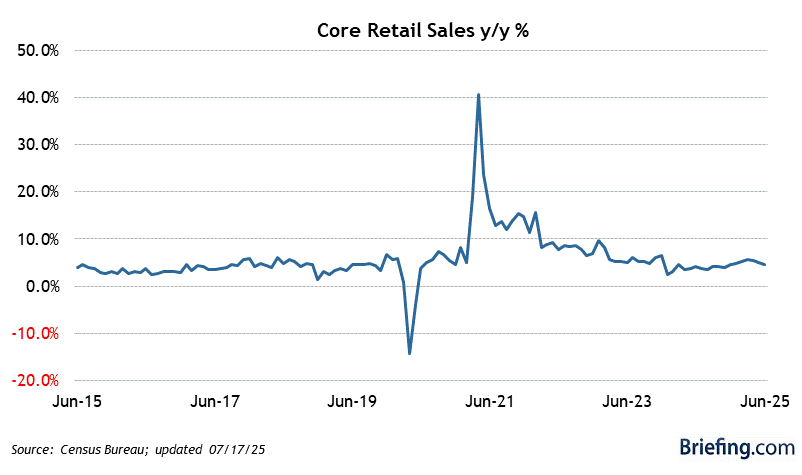When loosing Grip
Written by A Forex View From Afar on Monday, March 31, 2008Back to www.thelfb.com
Since the beginning of the financial markets turmoil, Central Banks look to be struggling maybe to fulfill their attributes, either fighting inflation, assuring growth or maximum employment. One step further on and some may start to see the concept of the free market falling apart.
Firstly, we have the ECB, struggling to achieve it’s 2% CPI goal, which is currently running at 3.5% year over year. So, the ECB is not in such good a position right now, they missed the target by 1.5%, they are without too many opportunities for a rate increase any time soon.
The Bank of England is dealing with the same problems of rising inflation, but the BOE has a greater problem now; financial stability. Just a couple of months ago, the 3rd biggest lending bank in UK, Northern Rock, failed. To make the problem much worse, HBOS took a major hit after rumors spread about a similar path to Bern Sterns. Until now they remain rumors.
The cases of the European Central Banks and Bank of England, are starting to show that maybe Central Banks are starting to lose their capacity of anchoring inflation, and inflation expectations, which is a very bad thing.
Fighting inflation is their main objective. Losing this battle, even in the medium term, will affect investor’s credibility of, and trust in, the banks and maybe worse, will could influence the Central Bank’s credibility in the face of each region’s residents.
Speaking about anchoring inflation, The Fed is another example of a Central Bank that is very close to the point where inflation could get out of control; fortunately just not in the Great Depression Style;
The Fed is now starting to feel a little twist of fate it would seem from “the market is always right” point of view, and “the market will regulate itself”. They are starting to see the need to tighten regulations and maybe the need of interventions in the market. This is what basically Mr. Paulson is promoting, a regulated market. They only needed two severe bubbles to burst to realize regulation is not such a bad thing after all.
The famous Paul Krugman, said about regulations; they are just a measure for the markets to see that something is happening, nothing more, and nothing less.
The need to remain optimistic is crucial, as Mr Bernanke said to Congress recently; We would ask that the public still trust in the Fed.
With the backing of the consumer the US economy, and therefore the US$, will climb higher over 2008/9, without the consumer things look less rosy, and the Euro could continue its climb northwards.
Please add your Comments

 | Posted in »
| Posted in »













